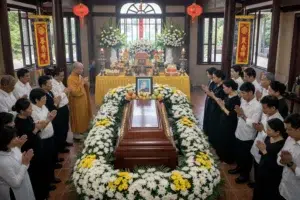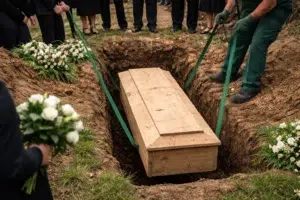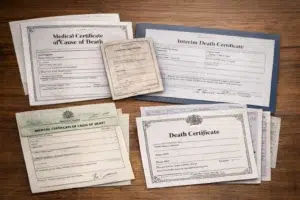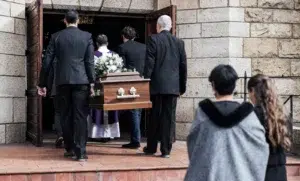When someone dies in the UK, there are several important legal steps that must be followed to ensure the death is properly registered, the funeral is arranged legally, and the deceased’s estate is managed according to the law. Understanding these requirements can help families navigate a difficult time with clarity.
Registering the Death
The first legal step after a death is to register it with the local register office within 5 days (8 days in Scotland). This must be done after the cause of death has been confirmed by a medical examiner, unless a coroner is involved due to unusual circumstances.
Registering the death provides the family with two essential documents: the death certificate, which is needed for legal and financial matters, and a certificate for burial or cremation, often called the “green form,” which must be given to the funeral director before the funeral can proceed.
Informing Government and Relevant Organisations
After registering the death, you should notify various government departments and organisations.
The Tell Us Once service is available to report the death to most government bodies, such as the Department for Work and Pensions, HM Revenue & Customs, and local councils.
Additionally, inform banks, utility providers, pension providers, employers, insurance companies, and service providers to close accounts and prevent fraud.
Arranging the Funeral
A funeral cannot take place until the certificate for burial or cremation is issued after the death has been registered.
Funeral directors play a key role in this process, especially for cremations where specific forms must be completed in accordance with the Cremation (England and Wales) Regulations 2008 (updated 2024). Funeral directors ensure that all legal forms are properly completed and submitted.
Dealing with the Estate
If the deceased left a will, this will guide how their estate, property, money, and possessions are distributed.
It may be necessary to apply for probate (legal permission to manage the estate). If there is no will, the estate is handled according to intestacy laws.
Debts and taxes, including inheritance tax if applicable, must be paid from the estate before assets can be distributed to beneficiaries.
Additional Considerations
- If the death occurred abroad or the body needs repatriation, there are further legal steps and paperwork involved.
- It is important to keep essential documents ready, such as birth and marriage certificates, medical certificates, NHS numbers, pension details, and evidence of the deceased’s wishes if available.
- Insurance policies on property and vehicles need to be updated or cancelled accordingly.
How Gooding Funeral Services Can Help
Navigating legal requirements after a death can be complex and emotionally challenging. At Gooding Funeral Services, we provide compassionate, clear support to families throughout this process, assisting with all legal paperwork, funeral arrangements, and aftercare services across Leeds, Manchester, Doncaster, Huddersfield, Bradford, and beyond.
Our expert team ensures every legal step is handled accurately and sensitively, so you can focus on remembering your loved one. Contact Gooding Funeral Services to guide you through the legal and practical matters with care and professionalism.
Read more from our guide on funeral services in the UK.
Pages You Might Like:
Funeral directors UK, Funeral services UK, Funeral Services in Leeds, Funeral directors Leeds, Funeral Directors in Bradford, Funeral Directors Bradford, Funeral Directors Manchester, Funeral Directors Huddersfield, Funeral Services in Doncaster, Asian Funeral Services, Hindu Funeral Services, Sikh Funeral Services, Caribbean Funeral Service










